The following is just a collection of thoughts, views, quotes and ideas that have some relevance - no matter how tenuous - to the planning and execution of the weekend workouts.
- 'Perhaps there is truth in the general assumption that not everyone (who wants to) can or will become a credible jazz soloist. But I have learned that this has less to do with a player's possible lack of talent for jazz improvisation and more to do with his/her probable confusion about what to practise, how to practise, and - most importantly - how to recognise and critique the musical details of his/her playing as they relate to the subject of improvising.' (from 'Ready, Aim, Improvise' by Hal Crook 1999)
- Musical styles (such as, 'Jazz', 'Rock', 'Blues' etc) are like different languages which can be used as the basis for communication of some sort. As with languages, those involved have to be on the same page and understood the nuances of the style (or language), they have to understand what an appropriate response is (musically speaking). And they need to be able to draw upon a vocabularly (or repertoire) that resides with a given style in order to engage with that style (or whatever style is on the menu). Improvisation isn't so crude as to be about 'just making it up as you go along' - that definition does not do the art form any justice and is negligent of the fact that one must study and absorb all of the acoutrements that belong to a style in order to be able to improvise in that style. You say, "Let's Improvise!" and I may ask, "In what style?" (A Turnbull 2022)
- 'Conseqently, when even a capable instrumentalist who is not proficient in traditonal Jazz vocabulary attempts to improvise in a Jazz context, the content and execution of the music sounds foreign, remote, in appropriate and, in a sense, too original. This is a very different sounding player than the studied, experienced and highly skilled avant-garde Jazz artist, whose improvising may still repel some non-discerning ears but is, nonetheless, permeated with tradition.' (from, 'Ready, Aim, Improvise' - Hal Crook 1999).
- 'Of course, a certain degree of originality......is important when improvising in the Jazz idiom. But here, especially during the early stages of learning how to improvise, a soloist's search for originality must be balanced and tempered with authenticity and tradition, the all important spring boards for musical growth. Because without familiar sounds and effects (that is, evidence of traditional Jazz vocabulary), even the most devoted listeners and accompanists will eventually lose interest in the improvising...' (from 'Ready, Aim, Improvise' - Hal Crook 1999)
- 'Imitate - Assimilate - Innovate' - Clark Terry (Trumpeter)
- 'We must accept that we are links in the chain and that it applies to everything; because the opposite would be to consign oneself to starting at the beginning and not getting very far in a lifetime. So, it's all we[ve got!' (A Turnbull 2022)
- '...the pioneers of Jazz improvisation relied on their listening /hearing skills and their ability to accurately outline basic chord sound to guide their improvising and to create their inspired melodies. They did NOT rely on the mechanics of chord scales. Beginning level improvisers should, therefore, first experience how good it sounds to play INSIDE thte chords using only the chord tones before experiencing the allure and sophistication of chord scales. Improvising melodies using only the chord tones connects the soloist to the song's harmony giving him/her a feeling of oneness with the music. This feeling of oneness with the harmony is essential before a player can hear how to use chord scales and non harmonic approach notes effectively.
